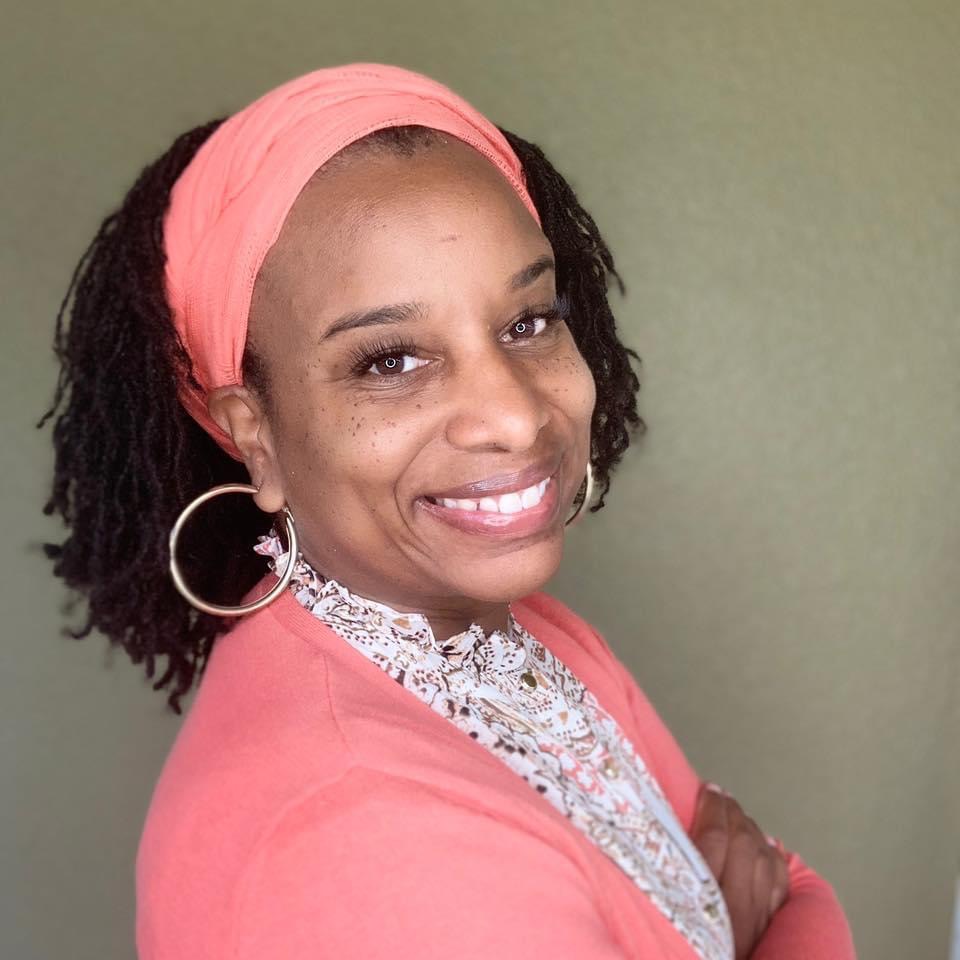The Executive Certification in Diversity Coaching program was by far one of the best professional development experiences I’ve had in my 20+ year career as a learning and organizational development leader. The program design enabled us to learn from a tremendous faculty of experts who are true scholar-practitioners skilled in creating a dynamic learning experience that attends to what are often difficult topics to unpack and work through using the CoachDiversity approach. I feel privileged to be part of this network of coaches and am already applying what I learned.
Expand Your Leadership Toolkit with On-Demand Training
ON-DEMAND COURSES
Our on-demand courses provide foundational knowledge on workplace culture, leadership, and communication strategies. Designed for professionals looking to strengthen their leadership skills and foster collaboration in the workplace, these courses offer practical insights to help navigate today’s evolving work environment. Self-Paced & Flexible | Actionable Insights | Trusted by Top Organizations
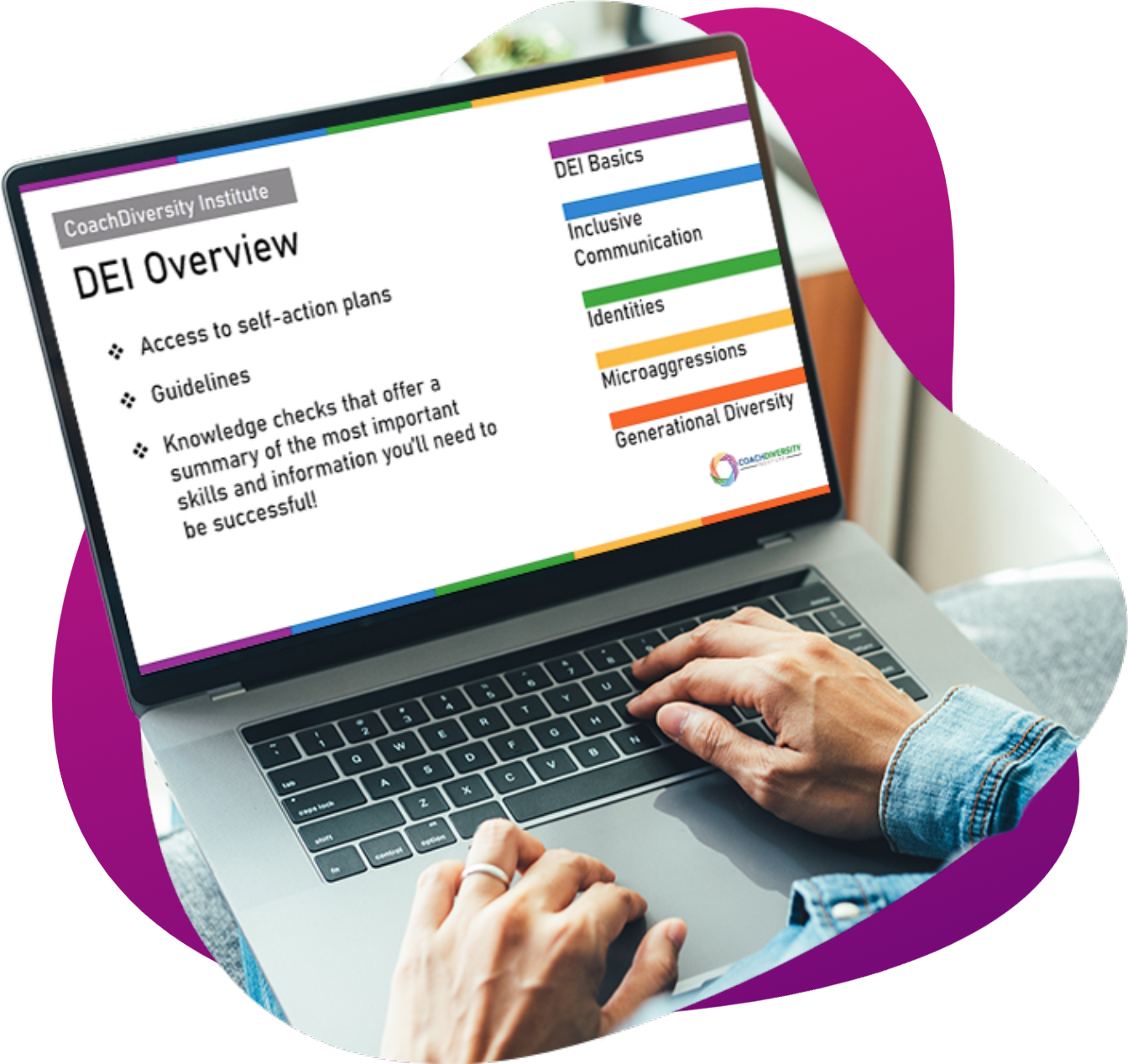
Enhance Your Leadership & Workplace Effectiveness in Just 30 Minutes ℹ️
Choose from our most in-demand courses, designed to help professionals strengthen leadership skills, enhance workplace culture, and improve team collaboration.

DEI Basics
Explore the foundational concepts of diversity, equity, and inclusion and their role in shaping workplace culture. This course provides an overview of how leaders can build productive, engaged teams by fostering awareness, respect, and collaboration.
- Define diversity, equity, and inclusion.
- Discuss differences between equity and equality.
- Explain the importance and benefits of inclusion.
- Engage in self-reflection to increase self-awareness and improve cultural competence skills.
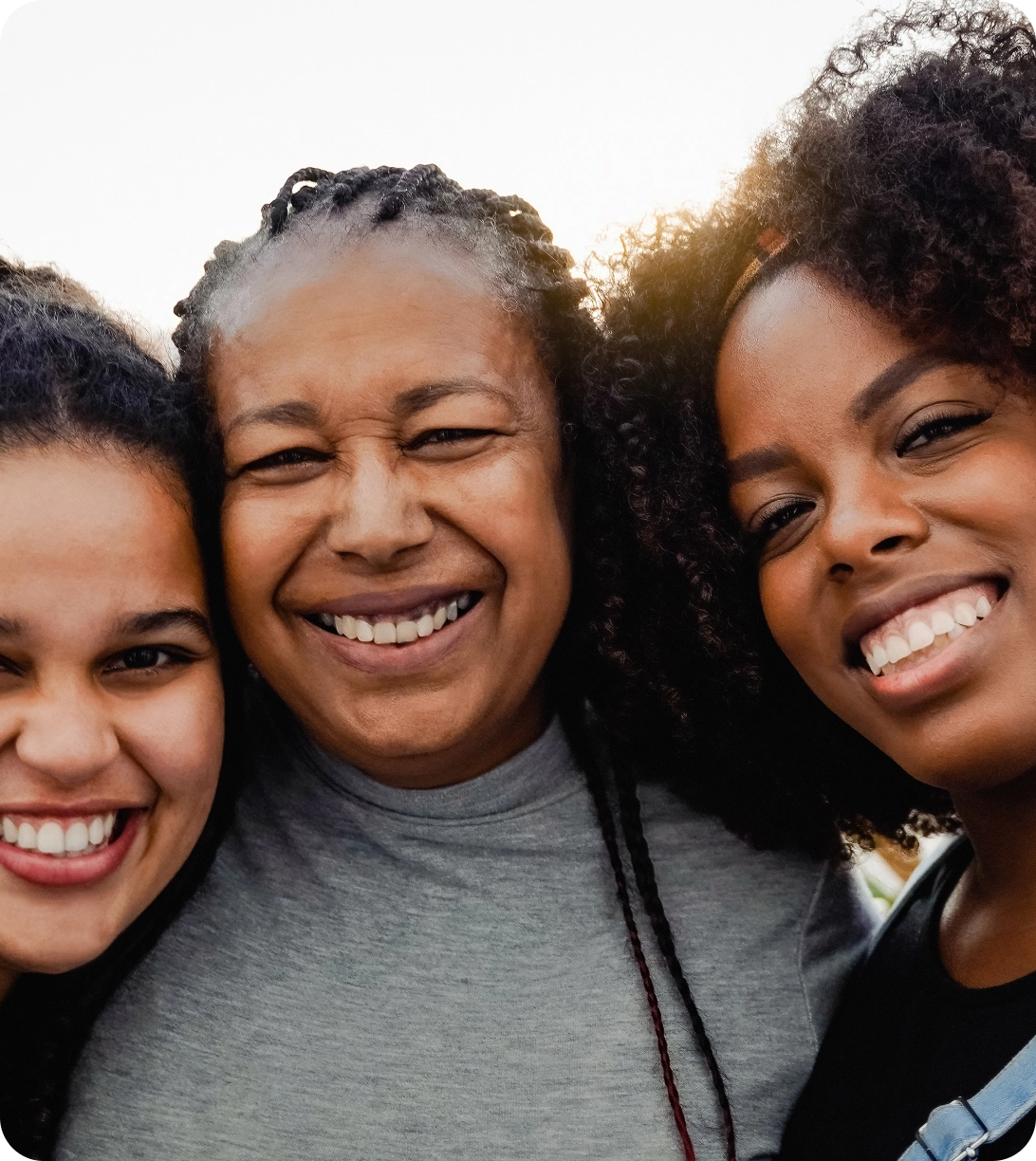
Generational Diversity
Understand how different generations approach work, leadership, and communication. This course explores generational trends, how they shape workplace interactions and strategies for fostering strong multigenerational teams.
- Define and discuss generational diversity.
- Describe generational groups and the events, characteristics, and attitudes that shape each generational cohort.
- Explain how generational inclusion enhances DEI, the workplace and contributes to organizational goals.
- Discuss behaviors that diminish communication barriers between generations.

Identities
Gain insights into how personal and professional identities shape leadership, communication, and workplace collaboration. Learn how leaders can create environments where individuals feel valued and empowered to contribute.
- Define and describe the complexities of identity.
- Explore aspects of gender, sexual, and racial identity.
- Discuss how knowledge of identity increases self-awareness, improves cultural competence skills, and expands organizational culture.
- Create a self-determined action plan for welcoming all identities.

Microaggressions
Explore how communication shapes workplace culture. This course examines the impact of workplace interactions and provides strategies for fostering open dialogue, respect, and collaboration.
- Define and describe the three types of microaggressions.
- Recognize how microaggressions can negatively impact a culture of respect and detract from belonging in the workplace.
- Understand that the intention behind microaggressions and the impact of microaggressions are distinctly different.
- Create a self-determined action plan of behavioral changes.

Inclusive communication
Strengthen your ability to engage, listen, and communicate effectively in diverse professional settings. This course provides practical strategies for improving workplace collaboration and enhancing leadership presence.
- Define and discuss the importance of inclusive communication.
- Explore strategies to communicate inclusively.
- Apply skills to hold courageous conversations and discuss difficult topics.
- Create a self-determined action plan for inclusive communication practices.
Built-in tools to help you succeed
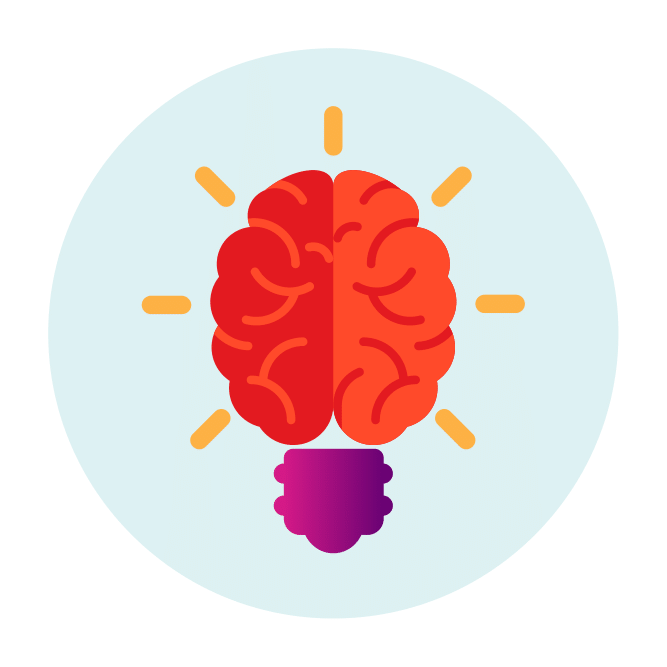
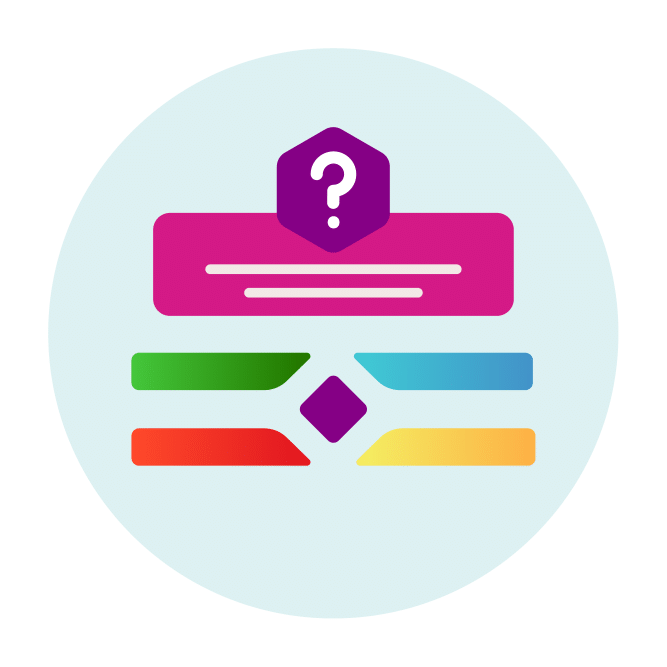

Course pricing and bundles ℹ️
- Define diversity, equity, and inclusion
- Discuss differences between equity and equality
- Explain the importance and benefits of inclusion
- Engage in self-reflection to increase self-awareness and improve cultural competence skills
- Define and discuss generational diversity
- Describe generational groups and the events, characteristics, and attitudes that shape each generational cohort
- Explain how generational inclusion enhances the workplace and contributes to organizational goals
- Discuss behaviors that diminish communication barriers between generations
- Define and describe the complexities of identity
- Explore aspects of gender, sexual, and racial identity
- Discuss how knowledge of identity increases self-awareness, improves cultural competence skills, and expands organizational culture
- Create a self-determined action plan for welcoming all identities
- Define and describe the three types of microaggressions
- Recognize how microaggressions can negatively impact a culture of respect and detract from belonging in the workplace
- Understand that the intention behind microaggressions and the impact of microaggressions are distinctly different
- Create a self-determined action plan of behavioral changes
- Define and discuss the importance of inclusive communication
- Explore strategies to communicate inclusively
- Apply skills to hold courageous conversations and discuss difficult topics
- Create a self-determined action plan for inclusive communication practices


